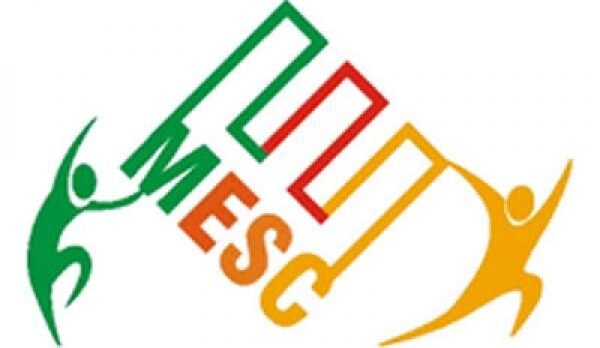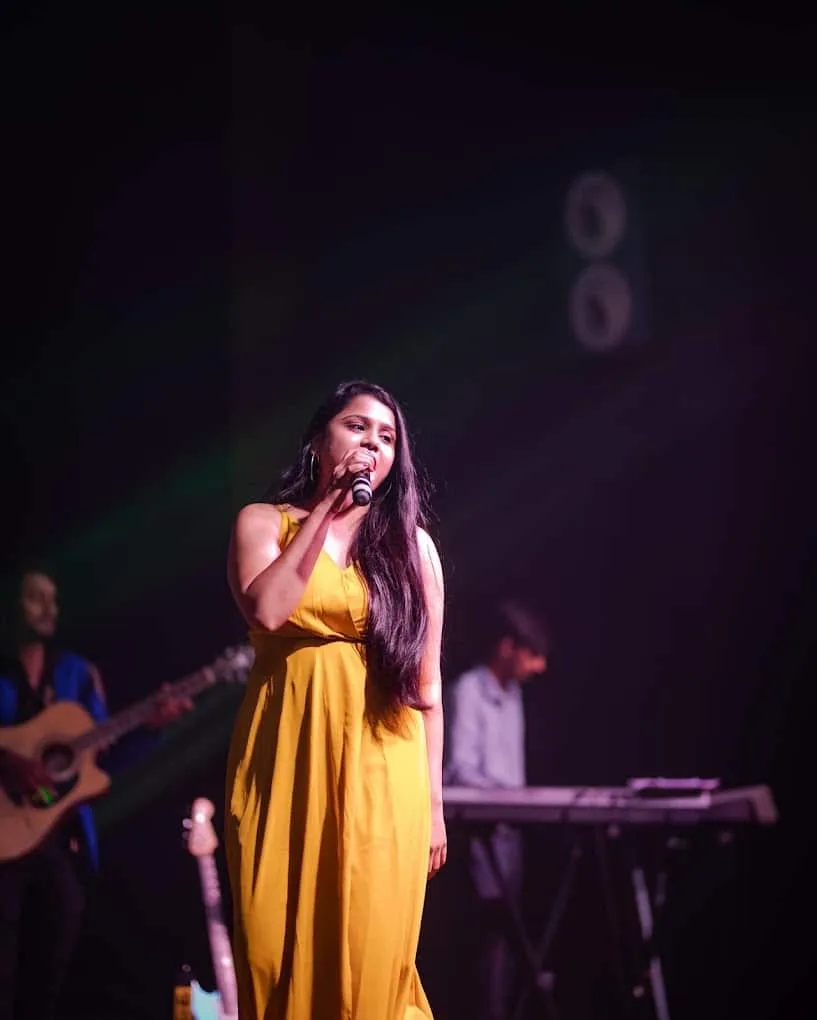Diploma in Piano
April 26, 2024 2024-06-12 11:58Diploma in Piano
Diploma in Piano
UGC Approved Courses
Top Instructors
In Campus Placements
We take pride in being pioneers in India, providing a Diploma Course in Piano
Placement Record
Average LPA
Alumini Network
We are well aware that choosing what to study at university is one of the most important decisions you have to make in life.
Module 1: Introduction to Piano Playing
- Explore the basics of piano orientation, hand positioning, and technique.
- Learn to read musical notes and understand basic rhythmic concepts.
Module 2: Basic Music Theory and Notation
- Dive deeper into music theory fundamentals, including note reading and rhythm.
- Begin to explore beginner-level piano repertoire across various genres.
Module 3: Fundamental Piano Repertoire
- Expand repertoire skills by learning beginner-level piano pieces.
- Develop effective practice techniques for mastering new repertoire.
Module 4: Finger Exercises and Technique Development
- Focus on developing finger dexterity, strength, and articulation through exercises.
- Explore techniques for controlling dynamics and expression in piano playing.
Module 5: Intermediate Piano Repertoire
- Progress to intermediate-level piano repertoire, incorporating more complex musical elements.
- Refine interpretation and expression skills through the study of diverse musical styles.
Module 6: Music Theory Expansion
- Deepen understanding of harmony, chord progressions, scales, and arpeggios.
- Apply theoretical knowledge to enhance musical interpretation and improvisation.
Module 7: Advanced Technique and Performance Preparation
- Engage in advanced finger exercises to further develop technique and agility.
- Prepare for solo performances and recitals, focusing on stage presence and confidence.
Module 8: Performance Showcase and Reflection
- Prepare and present a final performance showcase featuring selected repertoire pieces.
- Reflect on progress and achievements throughout the course, and set future musical goals.
- Piano Technique: Develop proper hand positioning, finger dexterity, and control over dynamics.
- Music Theory: Gain a solid understanding of musical notation, rhythm, harmony, and chord progressions.
- Repertoire Skills: Learn a diverse selection of piano pieces across different genres and difficulty levels.
- Practice Strategies: Acquire effective practice techniques to maximize progress and mastery of repertoire.
- Expressive Playing: Explore techniques for adding expression, dynamics, and musicality to piano performances.
- Performance Confidence: Build confidence in solo and ensemble playing through regular performance opportunities.
- Musical Interpretation: Develop skills in interpreting and expressing the musical intentions of composers.
- Creative Exploration: Experiment with improvisation, composition, and personal expression on the piano.
- Stage Presence: Learn how to present oneself confidently and professionally in performance settings.
- Reflective Practice: Cultivate the habit of self-reflection to identify areas of improvement and set achievable goals for musical growth.
32,000 Annually + 1000 Application form
Admission Process
Online Application
Admission Test
Online Assessment
Personal Interview
Final Committee Decision
Our Affiliations





Why we are known for the Best Music College in India?

Pranay Kumawat
Music Producer
Ishita Parakh
Singer- Songwriter
Frankie Kao
Web DesignFAQ
1. What are the prerequisites for enrolling in the Diploma Course in Piano?
No prior formal training is required, but basic knowledge of piano playing and music theory is recommended. An audition or assessment may be required to determine your skill level.
2. How long does the Diploma Course in Piano take to complete?
The course typically takes one to two years to complete, depending on the intensity of study and the student’s progress.
3. What will I learn during the course?
The course covers advanced piano techniques, music theory, performance skills, sight-reading, and repertoire across various genres. You will also receive personalized instruction and opportunities for solo and ensemble performances.
4. Are there performance opportunities during the course?
Yes, students will have regular opportunities to perform in recitals, concerts, and masterclasses, allowing them to showcase their skills and gain valuable stage experience.
5. What career opportunities are available after completing the diploma?
Graduates can pursue careers as professional pianists, piano teachers, accompanists, or continue their studies in advanced music degrees. The diploma also prepares students for various roles in the music industry.
Explore All Courses
Choose from more than 20+ options in music & technology.
